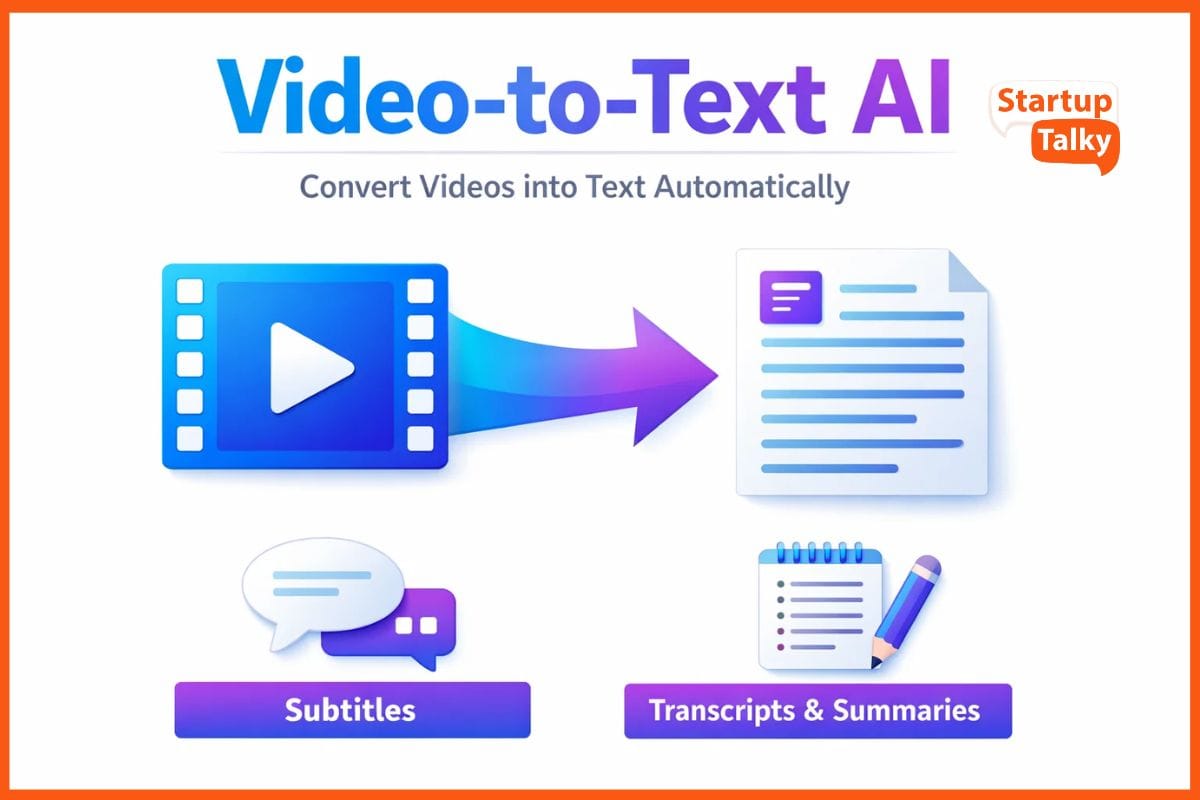Is ChatGPT a Threat to Search Engines?
🔍Insights
The simplest yet most obvious conclusion would be that it is too early to say whether ChatGPT is a threat to search engines or not. However, we’ll admit that ChatGPT is a powerful tool that has the potential to revolutionize the way we interact with computers. In fact, with the launch of GPT-4, it has done the unimaginable— and, if it delivers on its generative AI capabilities, as promised, it will transform the job market, as reported by Goldman Sachs, an investment bank in the United States.
ChatGPT And The Hypothesis
Why Isn't ChatGPT A Threat To Search Engines?
The Hegemony of Google Search
ChatGPT And The Hypothesis
ChatGPT, developed by OpenAI, is a gigantic language model (LLM) chatbot. It is trained on a massive dataset of text and code and can generate text, translate languages, and write different kinds of creative content. It can answer your questions in an informative way with more context.
With the creation of ChatGPT and seeing its potential to answer people’s questions in a humanized way, some people now believe that ChatGPT could pose a threat to search engines like Google, Bing, and others. The premise is that ChatGPT can generate text that is indistinguishable from human-written text, and it can answer questions more quickly and accurately than search engines, so what is stopping people from not ever going back to the primitive search engines?
Another premise is the fact that ChatGPT can create longer, human-like text and that it could be used to create fake news articles, blog posts, and other forms of content that could be used to deceive people on search engines. This is quite true as there was a case of CNET, a prominent technical news website that wrote some AI-generated articles and published them. Google search engine also approved and ranked these articles like it usually does. The problem, however, was that these articles were full of inaccuracies, and most of them had to be revised by human beings.
One more premise is that ChatGPT can answer questions more quickly and accurately than search engines. This means that it could provide users with the information they need faster and more easily. Moreover, it is still under development— having the potential to become even more influential in the future, it could eventually become an even more reliable and efficient way to find information than search engines.
If you think about it, many of these premises are quite founded and make a good case. ChatGPT is quite good, and soon in the future, will be even better with its responses. However, there are still a few good reasons to conclude that ChatGPT is not a threat to Search Engines.
Why Isn't ChatGPT A Threat To Search Engines?
Now that we have seen some premises on how ChatGPT can be a threat to Search Engines, let me explain how it is not happening, at least not soon.
Firstly, ChatGPT is trained on a restricted dataset of text and code, meaning it may not be able to answer questions about topics that are not covered in its training data. After all, it only knows what it has been trained on so far. Even though it is self-learning and it can improve its responses, its training is primitive in comparison to Google Search Engine (or Bing, for that matter). Google has had the hegemony in the web search area for years now and it has access to a massive dataset of text and code, including books, research papers, articles, websites, and other forms of data, which is constantly being updated.
Secondly, ChatGPT cannot understand the context of a question many times. Although GPT-4 now supports more extended context and can consider about 25000 words as input, it still may not be able to provide the most relevant or helpful answer to a question. Search engines, on the other hand, have access to a much broader range of information than ChatGPT and are better at understanding the nuances of human language. So, a search engine can provide more relevant and helpful search results than ChatGPT.
The Hegemony of Google Search
And lastly, search engines are pervasive. With smartphone penetration at 70.95% in 2023 in India and 72.17% in the USA in 2021, and 67% in 2021 globally, search engines (especially Google Search) have become the go-to option for searching anything and everything online, like it is natural. Google Search engine has a market share of 93.18%, as per Statcounter. This enormous number tells the story of Google’s hegemony over other search engines. Google launched its Android platform in 2007 and quickly gained traction with smartphone manufacturers willing to use the Android operating system. And now, Google is the most used search engine owing to the widespread use of the Android operating system in most developing countries and the most populous countries.

The reason why search engines will remain pervasive and, ChatGPT will not pose a threat is the fact that using search engines comes naturally to people. Every smartphone user, even with little technical knowledge, knows how to use it. Frankly, that is not the case with ChatGPT.

Besides, the use of search engines and even preference for search engines also got to do with trust. Search engines like Google Search and Bing Search have been around for quite some time and have gained people’s trust. People can effortlessly look for things they need to look for and even verify that from multiple sources on the internet. ChatGPT is relatively new, and most people do not even know about it.
The last straw is that Google Search and Bing Search are attempting to incorporate AI to help users with better results. Microsoft’s Bing Search is already using GPT-4 LLM in the form of Bing Chat, and Google is launching its AI chatbot named Bard, currently available for use in a few selected countries.
So, search engines are not going anywhere and will remain the first choice for connecting people worldwide to the internet– as always. Sure, ChatGPT is quite helpful and fascinating to use. It is also quite creative with its responses and will complement many people’s works, but it is not a threat to search engines.
FAQs
What are the few premises that people have started to believe that ChatGPT might be a threat to search engines like Google, Bing, etc.?
Below are a few premises that people have started to believe that ChatGPT might be a threat to search engines like Google, Bing, etc. -
- ChatGPT can generate text that is indistinguishable from human-written text, and it can answer questions more quickly and accurately than search engines
- ChatGPT can create longer, human-like text, and it could be used to create fake news articles, blog posts, and other forms of content that could be used to deceive people on search engines
- ChatGPT can answer questions more quickly and accurately than search engines
Why isn't ChatGPT a threat to search engines?
- ChatGPT is trained on a restricted dataset of text and code, meaning it may not be able to answer questions about topics that are not covered in its training data
- ChatGPT cannot understand the context of a question many times
- Search engines are pervasive
Must have tools for startups - Recommended by StartupTalky
- Convert Visitors into Leads- SeizeLead
- Website Builder SquareSpace
- Run your business Smoothly Systeme.io
- Stock Images Shutterstock





